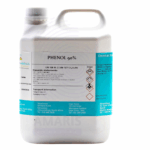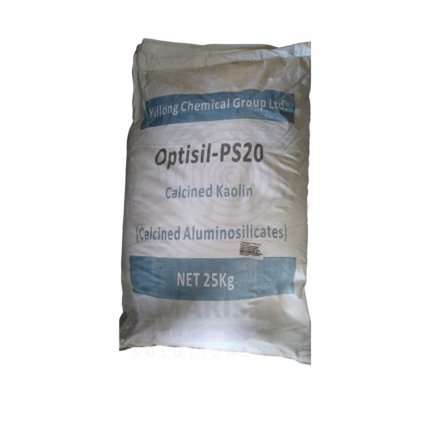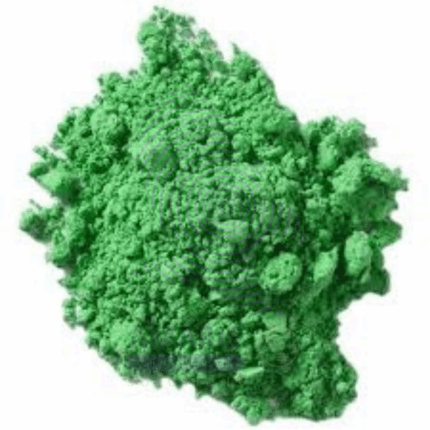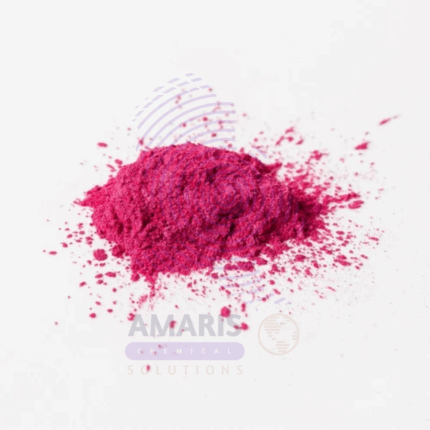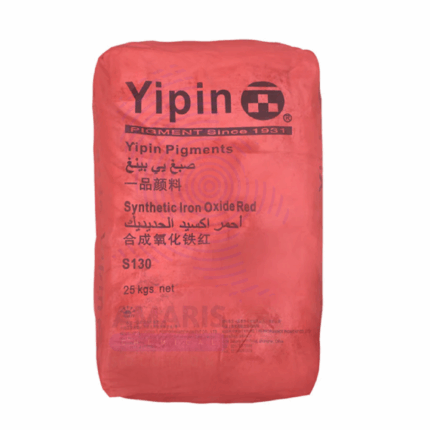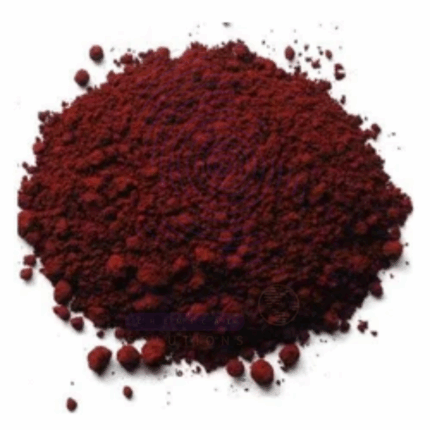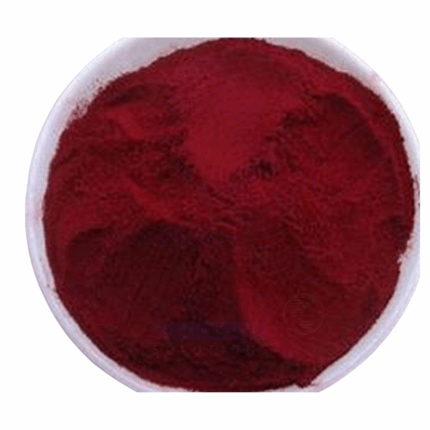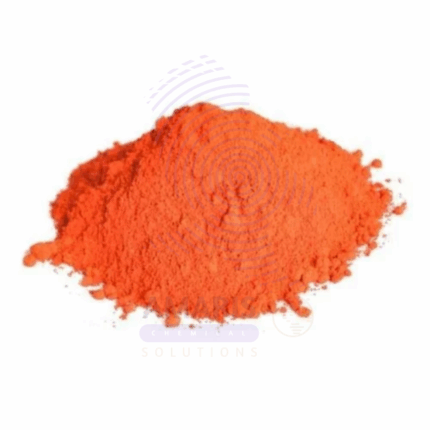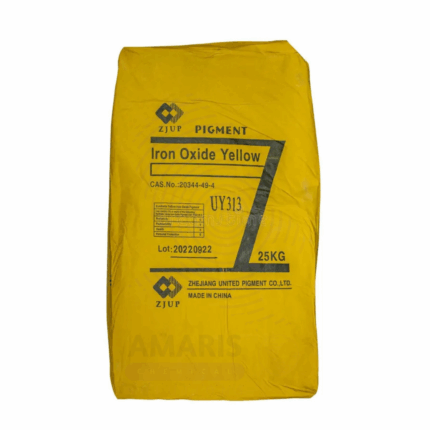Satin Black
Whatsapp Order
Satin Black is a premium black pigment or coating product designed to provide a smooth, satin finish with moderate gloss and a soft sheen. It is widely used in paints, coatings, plastics, and inks to impart a deep black color with a balanced, non-reflective surface appearance. Satin Black offers good opacity, durability, and resistance to environmental factors, making it ideal for decorative and functional applications requiring an elegant, subdued black finish.
Category: Pigments
Tags: Black pigment, Decorative Black Colorant, Matte Black Finish, Satin Black
Description
Table of Contents
Toggle
Satin Black
Primary Uses
- Paints and Coatings
- Used in architectural and industrial coatings to achieve a satin black finish on metal, wood, plastics, and other substrates.
- Provides aesthetic appeal with moderate gloss and excellent hiding power.
- Offers resistance to UV radiation, weathering, and abrasion.
- Plastics
- Incorporated into plastic formulations to impart deep black coloration with a satin surface.
- Used in automotive parts, consumer goods, and electronic housings.
- Printing Inks
- Applied in printing inks to produce black prints with a satin gloss level suitable for packaging, labels, and publications.
Secondary Uses
- Textiles
- Used in textile printing and dyeing for achieving a durable satin black color on fabrics.
- Automotive and Aerospace
- Utilized in specialty coatings for automotive interiors and aerospace components requiring satin black finishes with durability.
- Art Supplies
- Incorporated into artist paints and mediums for creating satin black effects with controlled gloss.
KEY PRODUCT FEATURES
1. Basic Identification Attributes
- Chemical Name (IUPAC): Varies by pigment composition (commonly carbon black-based)
- Common/Trade Name: Satin Black
- CAS Number: Varies depending on pigment source
- HS Code: 3204.19 (Pigments)
- Synonyms: Satin black pigment; satin finish black coating
2. Physical & Chemical Properties
- Physical State: Powder or liquid dispersion depending on formulation
- Color & Odor: Deep black; odorless
- Solubility: Insoluble in water; dispersible in solvents or resins
- Density: Typically ~1.8 - 2.0 g/cm³ (pigment powder)
3. Safety & Hazard Attributes
- GHS Classification: May vary; generally low hazard but avoid inhalation of powders
- Toxicity: Low toxicity; carbon black may pose inhalation risk in powder form
- Exposure Limits: Follow occupational exposure guidelines
4. Storage & Handling Attributes
- Storage Conditions: Store in sealed containers in a dry, cool place away from ignition sources
- Container Type: Bags, drums, or pails depending on form
- Shelf Life: Stable under proper storage for 1–3 years
- Handling Precautions: Avoid dust generation; use protective equipment during handling
5. Regulatory & Compliance Attributes
- Complies with relevant safety and environmental regulations for pigments and coatings
6. Environmental & Health Impact
- Biodegradability: Not biodegradable; inert pigment material
- Ecotoxicity: Low; minimal environmental hazard if handled properly
Bioaccumulation: Not significant
SAFETY HANDLING PRECAUTIONS
Safety Handling Precautions
- PPE Required: Dust mask, gloves, and eye protection recommended when handling powders
- Handling Guidelines: Use in well-ventilated areas; avoid dust inhalation
- Storage Measures: Keep containers tightly closed and stored in a dry environment
First Aid Measures
- Inhalation: Move to fresh air; seek medical advice if respiratory irritation occurs
- Skin Contact: Wash with soap and water; seek medical attention if irritation persists
- Eye Contact: Rinse with water for at least 15 minutes; seek medical attention if irritation continues
- Ingestion: Rinse mouth; seek medical advice if large quantities ingested
Firefighting Measures
- Fire Hazards: Non-flammable but may support combustion of other materials
- Extinguishing Media: Use water spray, foam, dry chemical, or CO₂
- Special Precautions: Use protective equipment and avoid dust clouds
- Hazardous Combustion Products: Carbon oxides if burned
Related products
Calcined Kaolin
$ 1.20
Calcined Kaolin is a fine, white to off-white powder produced by heating natural kaolin clay to high temperatures (typically between 600°C and 900°C) in a controlled process called calcination. This thermal treatment removes chemically bound water, changes the crystalline structure, and enhances the physical and chemical properties of kaolin. The resulting product exhibits increased brightness, hardness, and opacity, making it highly valuable as a functional additive and filler in numerous industrial applications. Calcined Kaolin is widely used in coatings, ceramics, plastics, rubber, paper, and paint industries to improve durability, brightness, and performance.
Green Pigment
Green Pigment is a concentrated dispersion of green pigment particles in a suitable carrier, designed for use in a variety of industrial and commercial applications. Known for its vivid green color and excellent stability, this pigment offers good resistance to heat, light, and chemicals. It is widely employed in plastics, coatings, inks, and other manufacturing processes where vibrant, durable green coloration is required.
Raspberry Red Pigment
Raspberry Red Pigment is a concentrated dispersion of synthetic red pigment particles formulated to deliver a rich raspberry-red color. It offers excellent lightfastness, heat stability, and chemical inertness, making it ideal for applications in paints, coatings, plastics, inks, and specialty industrial uses. This pigment ensures consistent color strength and durability across various substrates and manufacturing processes.
Red Oxide
Red Oxide is a high-purity synthetic iron oxide pigment that offers a deep red hue with excellent opacity, dispersibility, and weather resistance. It is widely used in the coatings, construction, plastics, rubber, ceramic, and ink industries for its color stability, non-toxicity, and resistance to UV light and chemicals. Red Oxide S130 is finely milled for consistent performance and is suitable for both indoor and outdoor applications. Its chemical inertness and thermal stability make it ideal for demanding environments requiring long-lasting coloration.
Solvent Red 2 Oil Soluble
Solvent Red 2 Oil Soluble is a synthetic dye renowned for its intense red coloration and excellent solubility in oils and organic solvents. It is widely used in industrial applications such as paints, coatings, inks, plastics, and fuel coloring. The dye offers strong tinting strength, good stability to light and heat, and vibrant color effects in non-polar mediums. Solvent Red 2 is supplied as a fine powder or concentrated liquid, making it suitable for various manufacturing and research uses requiring oil-soluble red pigments.
Strawberry Red Pigment
Strawberry red pigment is a concentrated synthetic pigment dispersion providing a bright and vivid strawberry-red coloration. Known for its excellent lightfastness, chemical resistance, and thermal stability, it is widely used in paints, coatings, plastics, inks, and specialty industrial applications. The pigment ensures consistent color strength and durability across multiple manufacturing processes and substrates.
Waxol Solvent Orange
Waxol Solvent Orange is a synthetic solvent dye characterized by its vibrant orange color and excellent solubility in organic solvents such as hydrocarbons, oils, and waxes. It is widely used for coloring non-polar substrates where water-soluble dyes are unsuitable. The dye offers good lightfastness and stability in plasticizers, coatings, inks, and lubricants, providing consistent and uniform coloration. Waxol Solvent Orange 14 is ideal for applications requiring high tinting strength, chemical resistance, and compatibility with solvent-based systems in industrial and decorative uses.
Yellow Oxide
Yellow Oxide is a high-quality, synthetic iron oxide pigment characterized by its bright yellow color, excellent tinting strength, and outstanding durability. It is widely used as a colorant in coatings, plastics, construction materials, and other industrial applications. This pigment provides excellent weather resistance, chemical stability, and heat stability, ensuring vibrant and long-lasting color performance in various end products.


 Preservatives(food)
Preservatives(food) Flavor Enhancers
Flavor Enhancers Acidulants
Acidulants Sweeteners
Sweeteners Antioxidants
Antioxidants Colorants(food)
Colorants(food) Nutraceutical Ingredients (food)
Nutraceutical Ingredients (food) Nutrient Supplements
Nutrient Supplements Emulsifiers
Emulsifiers
 Collectors
Collectors Dust Suppressants
Dust Suppressants Explosives and Blasting Agents
Explosives and Blasting Agents Flocculants and Coagulants
Flocculants and Coagulants Frothers
Frothers Leaching Agents
Leaching Agents pH Modifiers
pH Modifiers Precious Metal Extraction Agents
Precious Metal Extraction Agents
 Antioxidants(plastic)
Antioxidants(plastic) Colorants (Pigments, Dyes)
Colorants (Pigments, Dyes) Fillers and Reinforcements
Fillers and Reinforcements Flame Retardants
Flame Retardants Monomers
Monomers Plasticizers
Plasticizers Polymerization Initiators
Polymerization Initiators Stabilizers (UV, Heat)
Stabilizers (UV, Heat)
 Antifoaming Agents
Antifoaming Agents Chelating Agents
Chelating Agents Coagulants and Flocculants
Coagulants and Flocculants Corrosion Inhibitors
Corrosion Inhibitors Disinfectants and Biocides
Disinfectants and Biocides Oxidizing Agents
Oxidizing Agents pH Adjusters
pH Adjusters Scale Inhibitors( water)
Scale Inhibitors( water)
 Antioxidants(cosmetic)
Antioxidants(cosmetic) Emollients
Emollients Fragrances and Essential Oils
Fragrances and Essential Oils Humectants
Humectants Preservatives
Preservatives Surfactants(cosmetic)
Surfactants(cosmetic) Thickeners
Thickeners UV Filters
UV Filters
 Fertilizers
Fertilizers Soil Conditioners
Soil Conditioners Plant Growth Regulators
Plant Growth Regulators Animal Feed Additives
Animal Feed Additives Biostimulants
Biostimulants Pesticides (Herbicides, Insecticides, Fungicides)
Pesticides (Herbicides, Insecticides, Fungicides)
 Active Pharmaceutical Ingredients (APIs)
Active Pharmaceutical Ingredients (APIs) Excipients
Excipients Solvents(pharmaceutical)
Solvents(pharmaceutical) Antibiotics
Antibiotics Antiseptics and Disinfectants
Antiseptics and Disinfectants Vaccine Adjuvants
Vaccine Adjuvants Nutraceutical Ingredients (pharmaceutical)
Nutraceutical Ingredients (pharmaceutical) Analgesics & Antipyretics
Analgesics & Antipyretics
 Analytical Reagents
Analytical Reagents Solvents(lab)
Solvents(lab) Chromatography Chemicals
Chromatography Chemicals Spectroscopy Reagents
Spectroscopy Reagents microbiology-and-cell-culture-reagents
microbiology-and-cell-culture-reagents Molecular Biology Reagents
Molecular Biology Reagents Biochemical Reagents
Biochemical Reagents Inorganic and Organic Standards
Inorganic and Organic Standards Laboratory Safety Chemicals
Laboratory Safety Chemicals Specialty Laboratory Chemicals(Special Laboratory Equipment)
Specialty Laboratory Chemicals(Special Laboratory Equipment)
 Demulsifiers
Demulsifiers Hydraulic Fracturing Fluids
Hydraulic Fracturing Fluids Scale Inhibitors(oil)
Scale Inhibitors(oil) Surfactants(oil)
Surfactants(oil) Drilling Fluids
Drilling Fluids
 Dyes and Pigments
Dyes and Pigments Bleaching Agents
Bleaching Agents Softening Agents
Softening Agents Finishing Agents
Finishing Agents Antistatic Agents
Antistatic Agents
 Admixtures
Admixtures Waterproofing Agents
Waterproofing Agents Sealants and Adhesives
Sealants and Adhesives Curing Compounds
Curing Compounds Concrete Repair Chemicals
Concrete Repair Chemicals Anti-Corrosion Coatings
Anti-Corrosion Coatings
 Surfactants(cleaning)
Surfactants(cleaning) Builders
Builders Enzymes
Enzymes Solvents (Cleaning)
Solvents (Cleaning) Fragrances
Fragrances
 Electronic Chemicals
Electronic Chemicals Catalysts
Catalysts Lubricants
Lubricants Photographic Chemicals
Photographic Chemicals Refrigerants
Refrigerants Automotive chemicals
Automotive chemicals Pyrotechnic Chemicals
Pyrotechnic Chemicals
 Biodegradable Surfactants
Biodegradable Surfactants Bio-based Solvents
Bio-based Solvents Renewable Polymers
Renewable Polymers Carbon Capture Chemicals
Carbon Capture Chemicals Wastewater Treatment Chemicals
Wastewater Treatment Chemicals
 Pigments
Pigments Solvents(paint)
Solvents(paint) Specialty Coatings
Specialty Coatings Binders/Resins
Binders/Resins Additives
Additives Driers
Driers Anti-Corrosion Agents
Anti-Corrosion Agents Functional Coatings
Functional Coatings Application-Specific Coatings
Application-Specific Coatings
 Fresh Herbs
Fresh Herbs Ground Spices
Ground Spices Whole Spices
Whole Spices Spice Blends
Spice Blends Dried Herbs
Dried Herbs
 Leavening Agents
Leavening Agents Dough Conditioners
Dough Conditioners Flour Treatments
Flour Treatments Fat Replacers
Fat Replacers Decoratives
Decoratives Preservatives(baking)
Preservatives(baking)
 Plasticizers & Softeners
Plasticizers & Softeners Reinforcing Agents
Reinforcing Agents Adhesion Promoters
Adhesion Promoters Vulcanizing Agents
Vulcanizing Agents Antidegradants
Antidegradants Blowing Agents
Blowing Agents Fillers & Extenders
Fillers & Extenders Accelerators & Retarders
Accelerators & Retarders
